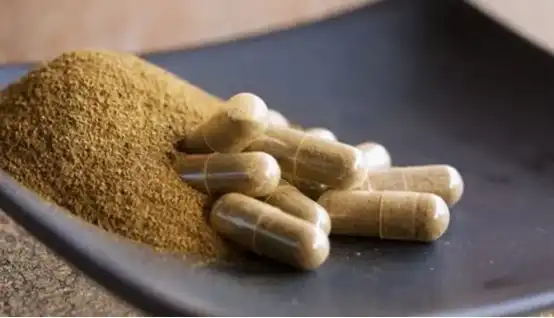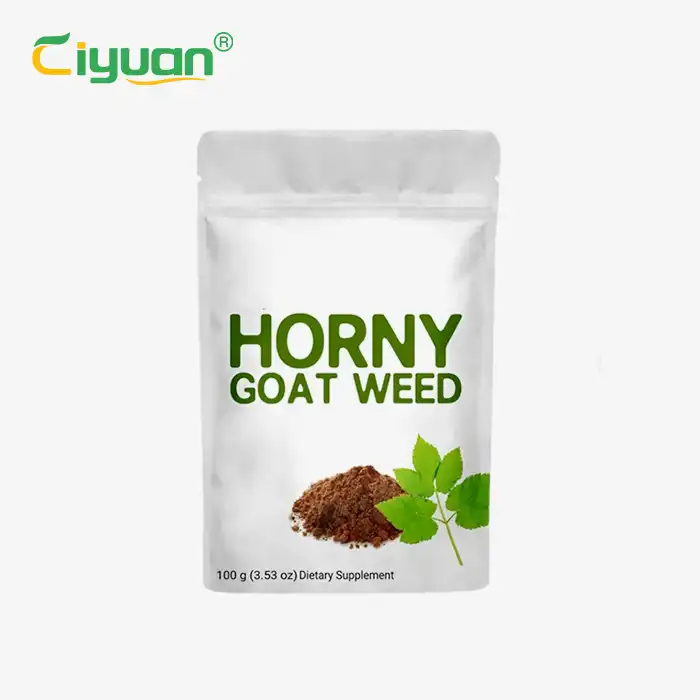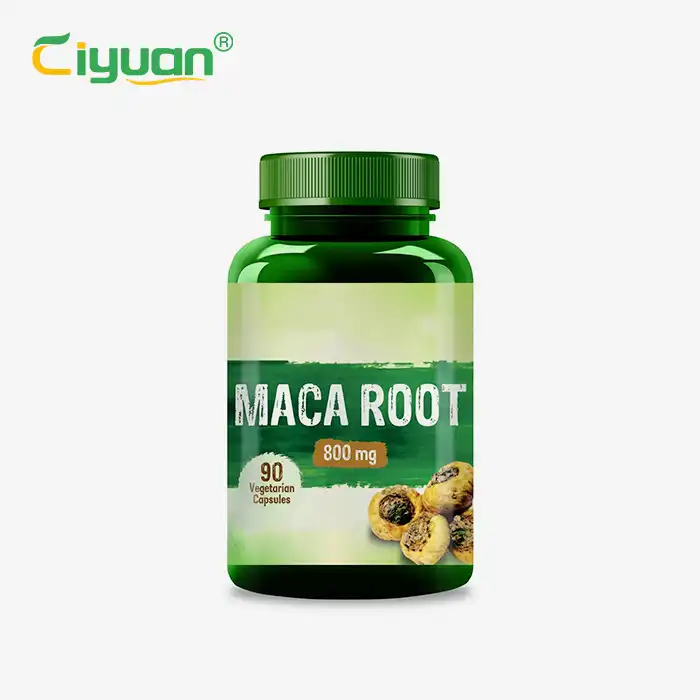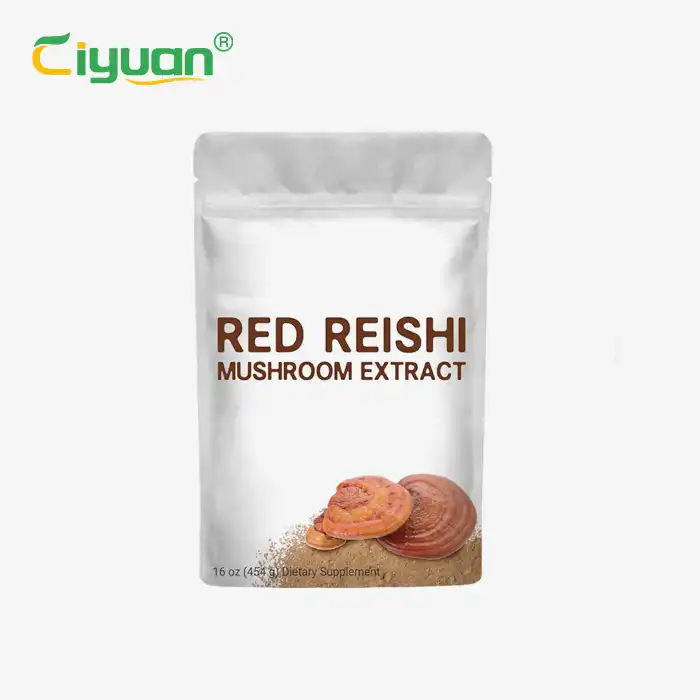What are ashwagandha capsules used for?
 2025-08-01 16:30:09
2025-08-01 16:30:09
What is ashwagandha ?

Ashwagandha Root Extract Capsules is an ancient herb also known as "Indian ginseng," "withania somnifera," and "winter cherry." It grows primarily in India, the Middle East, and North Africa.
Also often called "foreign ginseng," Ashwagandha has been used in Ayurvedic practices for thousands of years to combat stress and fatigue. It became a popular herbal tonic thanks to a smoothie recipe promoted by Hollywood actress Gwyneth Paltrow, which featured Ashwagandha as a featured ingredient. The name "Ashwagandha" means "horse smell" in Sanskrit, reflecting the powerful scent of its root and its horsepower-like properties. Its roots and leaves are the most commonly used parts. Like huskcherries and tomatillos, Ashwagandha belongs to the Solanaceae family, and its fruit is covered in a layer of calyx leaves. Those with allergies to tomatoes, eggplant, or peppers should use it with caution. Ashwagandha is often used in foreign countries, Pakistan and Sri Lanka as a dietary therapy to combat stress, adjust sexual dysfunction or restore vitality. Modern life is stressful and fast-paced, and Ashwagandha is most popular for its ability to relieve stress and help sleep. Ashwagandha's Latin name, sominifera, means "sleep seducer", so it is also a good helper for adjusting insomnia. Research from the University of Tsukuba abroad shows that Ashwagandha extract contains triethyleneglycol, which can induce people to enter non-rapid eye movement sleep and help them rest. Ashwagandha tastes bitter and sweet, and many people add it to milk, milk tea or make it into vegan desserts. It can cover up the temperament and achieve the effect of relieving stress and helping sleep.

What is Ashwagandha capsules benefits for?

Ashwagandha capsules are primarily made from an extract of Withania Somnifera, an herb widely used in Ayurvedic medicine. Here are the main benefits and effects of Ashwagandha capsules:
Relieves stress and anxiety: Ashwagandha is considered an adaptogen, helping the body cope with stress. It can reduce anxiety and tension by lowering levels of the stress hormone cortisol.
Improves sleep quality: Ashwagandha has a calming effect, which can help improve insomnia and sleep quality. It can promote better sleep by regulating stress hormones in the body.
Boosts immunity: Ashwagandha contains several bioactive compounds, such as withanolides and saponins, which have antioxidant and anti-inflammatory properties and can help boost immune system function.
Improves male sexual function: Ashwagandha can help increase testosterone levels, improve erectile function, and increase sperm quality, thereby helping to treat male sexual dysfunction.
Anti-fatigue effects: Ashwagandha can boost energy levels and enhance physical stamina, making it a significant anti-fatigue agent for those who frequently experience fatigue.
Improves cognitive function: Studies have shown that ashwagandha capsules can help improve memory, attention, and other cognitive functions, and have a protective effect on the nervous system.
Regulates endocrine balance: Ashwagandha capsules can also regulate the balance of the endocrine system and have positive effects on improving sleep quality and relieving stress.
Lowers blood sugar and improves insulin resistance: Ashwagandha can help lower blood sugar levels and improve insulin resistance, which is an important benefit for people with diabetes.
Improves cardiorespiratory endurance: Ashwagandha can enhance cardiorespiratory endurance and improve quality of life in healthy adults.
Relieves arthritis symptoms: Ashwagandha has anti-inflammatory properties and can help relieve symptoms in those with arthritis.
It is important to note that while ashwagandha capsules have many potential health benefits, they are not suitable for everyone. Pregnant women, breastfeeding women, children under 14 years old, and those with allergies to any of the ingredients should not take them. Additionally, ashwagandha may interact with certain medications, so it is best to consult a doctor before taking it.
What is the best time to take Ashwagandha capsules?
Morning Use: If you're looking to benefit from ashwagandha's energizing and stimulating effects, taking it in the morning can help you focus and maintain energy throughout the day.
Evening Use: On the other hand, due to its sedative properties, evening use may be more appropriate for those seeking to benefit from its sleep-inducing properties. One study showed that ashwagandha extract significantly improved non-restorative sleep (NRS) in healthy subjects, thereby improving overall sleep quality.
Adjusting to Individual Needs: It's important to note that the timing of ashwagandha use can be adjusted based on individual needs and responses. For example, if you find that taking it in the morning leaves you too energized to fall asleep, you could try taking it in the evening, and vice versa.
Follow a doctor's advice: Although ashwagandha is widely marketed as a health supplement, it's recommended to be used under the supervision of a doctor, especially for those with specific health conditions, such as autoimmune diseases or those undergoing surgery, as ashwagandha may interact with or exacerbate certain medications.
In summary, the best time to take ashwagandha capsules depends on your specific needs and body reactions, but no matter when you take it, it is recommended to follow your doctor's guidance to ensure safe and effective use.

Who can not take Ashwagandha capsules?

Although Ashwagandha capsules have the benefits of replenishing Qi and blood, calming the mind and improving intelligence, promoting fluid production and quenching thirst, regulating Qi and resolving phlegm, and can alleviate symptoms of chronic illness, Qi and blood deficiency, restlessness, and lung deficiency, such as wheezing and coughing, ginseng should not be consumed by those who are allergic to it, those with excessive heat, those with excessive internal heat, damp-heat in the body, or those with spleen and stomach deficiency.
1. Allergic to Ashwagandha
If a patient is allergic to Ashwagandha, taking it may cause allergic reactions such as itching, redness, swelling, and difficulty breathing, which can cause certain harm to the body.
2. Excessive Heat
If a patient has excessive internal heat, taking ginseng may aggravate symptoms and hinder recovery.
3. Excessive Heat
Excessive heat can cause symptoms such as fever, thirst, sore throat, and swollen gums. Ashwagandha has a warming nature, so taking it during illness may aggravate symptoms and be detrimental to health.
4. Those with Damp-Heat in the Body
Damp-heat can cause symptoms such as sticky stools, loss of appetite, and abdominal distension. Taking ginseng during this period can aggravate the damp-heat and hinder recovery.
5. Those with Spleen and Stomach Deficiency
Patients with spleen and stomach deficiency often experience symptoms such as diarrhea and abdominal pain. Taking ginseng during this period can irritate the stomach, exacerbating the condition and negatively impacting health.
In daily life, patients should use medications under the guidance of a doctor. Avoid taking medications without authorization or taking more or less than the prescribed dose. If a patient experiences any discomfort while taking medication, it is recommended that they seek medical attention promptly.










_1744965620615.webp)
_1747986913239.webp)
_1749109212947.webp)
_1752047005932.webp)
_1752216206431.webp)
_1754465307839.webp)
_1755068906494.webp)
_1756956667129.webp)

